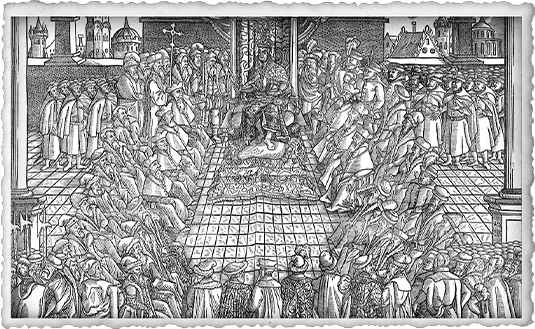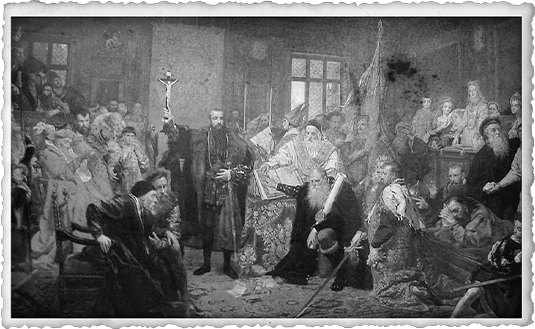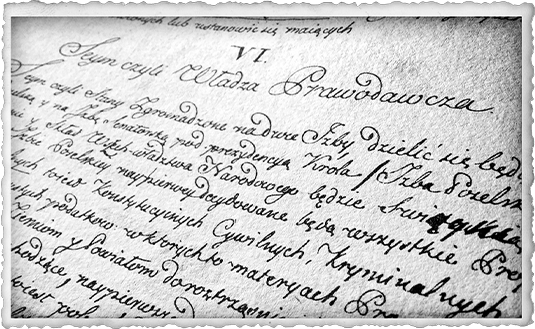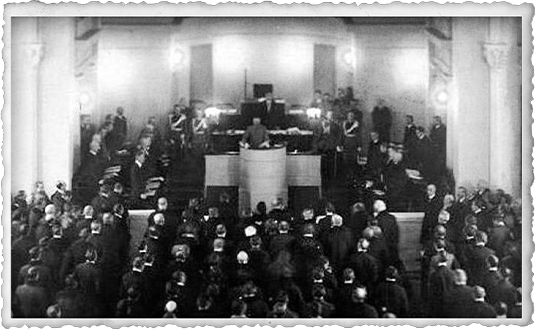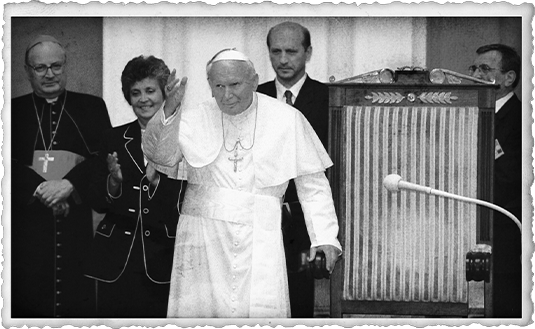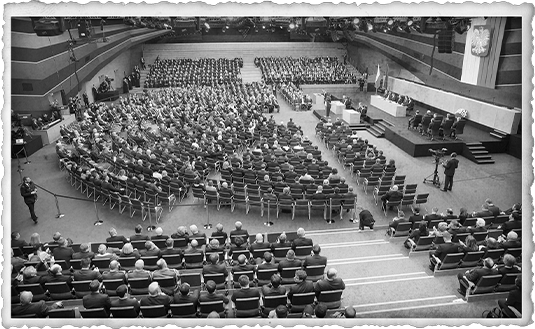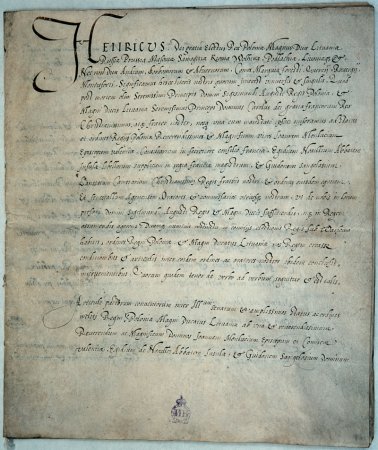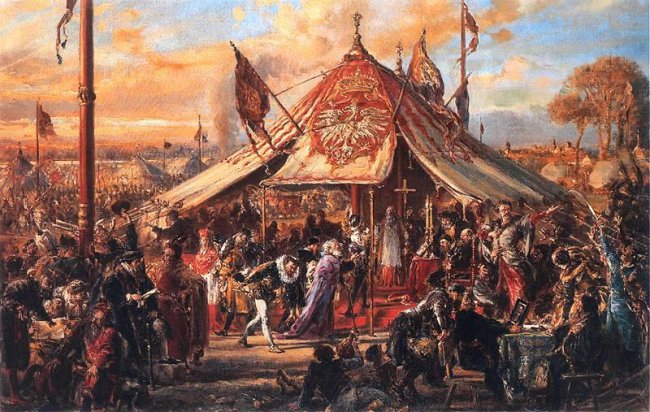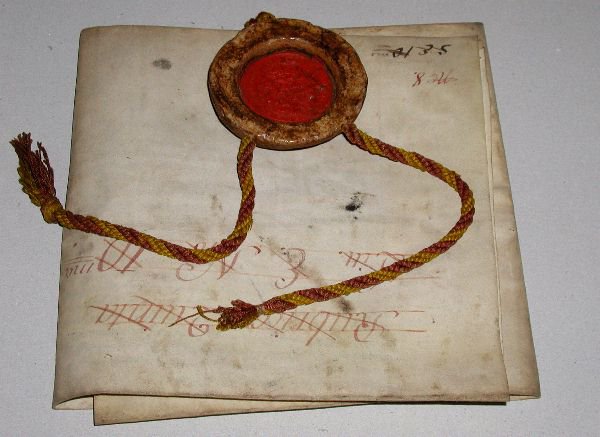Sympathy for Warsaw. Convocation sejm in the future capital city of Poland. 1573.
The convocation sejm was called to Warsaw by a universal, issued by senators on the congress in Kaski, on 1 November 1572. The sejmiks were held on 13 December 1572. Every sejmik should have appointed two deputies, granted full powers to enter discussion on the election and establishing its order.The convocation sejm began its sessions on 6 January 1573 and finished on 28 January 1573. The convocation finally transferred to general confederation [or so-called confederation sejm”, what meant that the decisions were made by the majority vote. During the sejm, the date of the election was established, but the organization of the law courts during the interregna was also ratified and standardized. Moreover, the sejm voted on the enforcing taxes. It was decided that every nobleman could take part in the election of the new king, although attendance was not obligatory. In order to maintain religious peace in the Commonwealth, the wording and substance of the Confederation of Warsaw were specified. During the convocation sejm, it also determined its own competency, establishing the convocational sejm a new political institution, created in order to pursue organisational functions in the interregnum period. First of all, the convocation sejm was to convoke the pre-election sejmiks and establish the course for the interregnum period. The election order was established, as well as the office of the interrex during the interregna. It was decided that such office should be entrusted to the Polish primate.
See: S. Płaza, Próby reform ustrojowych w czasie pierwszego bezkrólewia [1572-1574] [Attemts to reform political system during first interregnum (1572 - 1574)], Kraków 1969. s Ustawodawstwo zob. Volumina Constitutionum, T. 2, cz. 1, Design and layout prepared by S. Grodziski, I. Dwornicka, W. Uruszczak, Warszawa 2005, s. 305-307. S. Gruszecki, Walka o władzę w Rzeczypospolitej Polskiej po wygaśnięciu dynastii Jagiellonów (1572-1573), [Struggles for power in Polish Commonwealth following the end of Jagiellonian dynasty] Warszawa 1969. E. Dubas-Urwanowicz, Koronne zjazdy szlacheckie w dwóch pierwszych bezkrólewiach po śmierci Zygmunta Augusta [Royal nobility congresses during two first interregna, following the death of Sigismund II Augustus], Białystok 1998. T. Piliński, Bezkrólewie po Zygmuncie Auguście i elekcya króla Henryka przez Tadeusza Pilińskiego [Interregnum following the death of Sigismund II Augustus and the election of King Henry by Tadeusz Piliński], Kraków 1872. M. Korolko, Klejnot swobodnego sumienia. Polemika wokół konfederacji warszawskiej w latach 1573-1658 [The jewel of the free conscience. Polemic on the Confederation of Warsaw in period 1573-1658], S. Salmonowicz, Geneza i treść uchwał konfederacji warszawskiej, „Odrodzenie i Reformacja w Polsce” [The origin and substance of the Confederation of Warsaw, “Renaissance and Reformation”], t. 19, 1974, s. 7-30.


